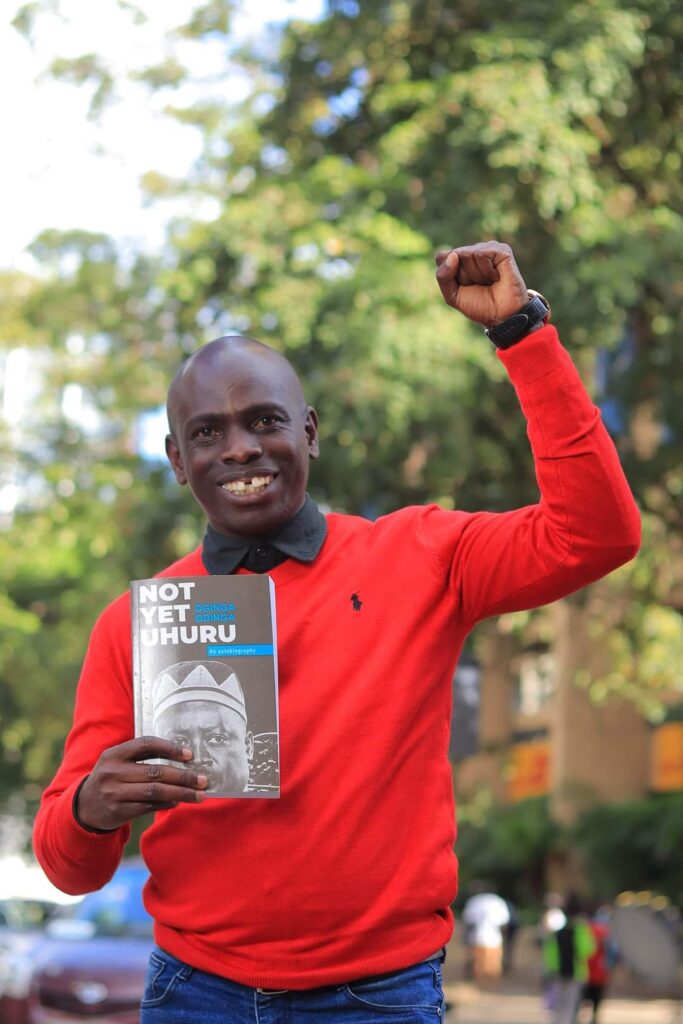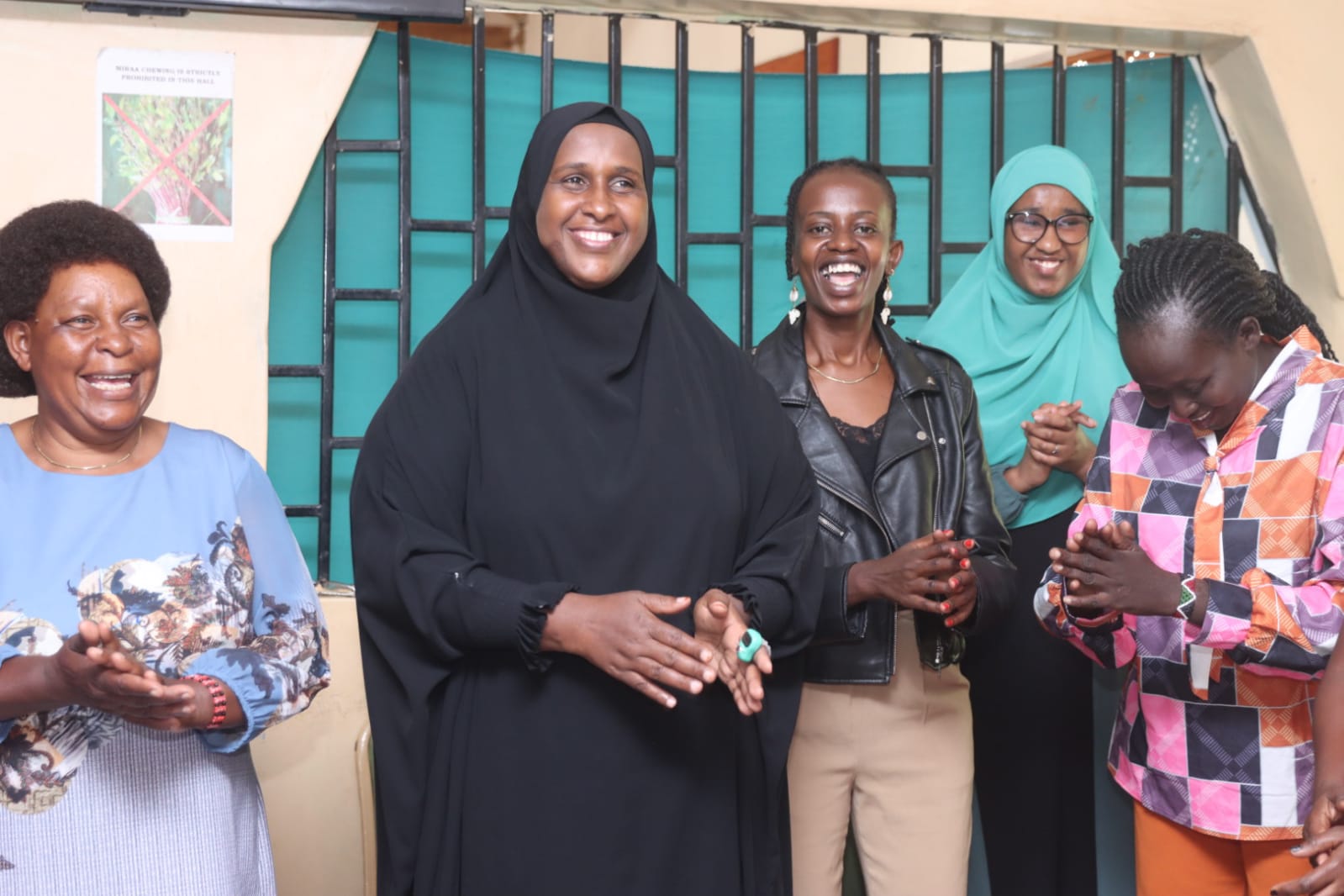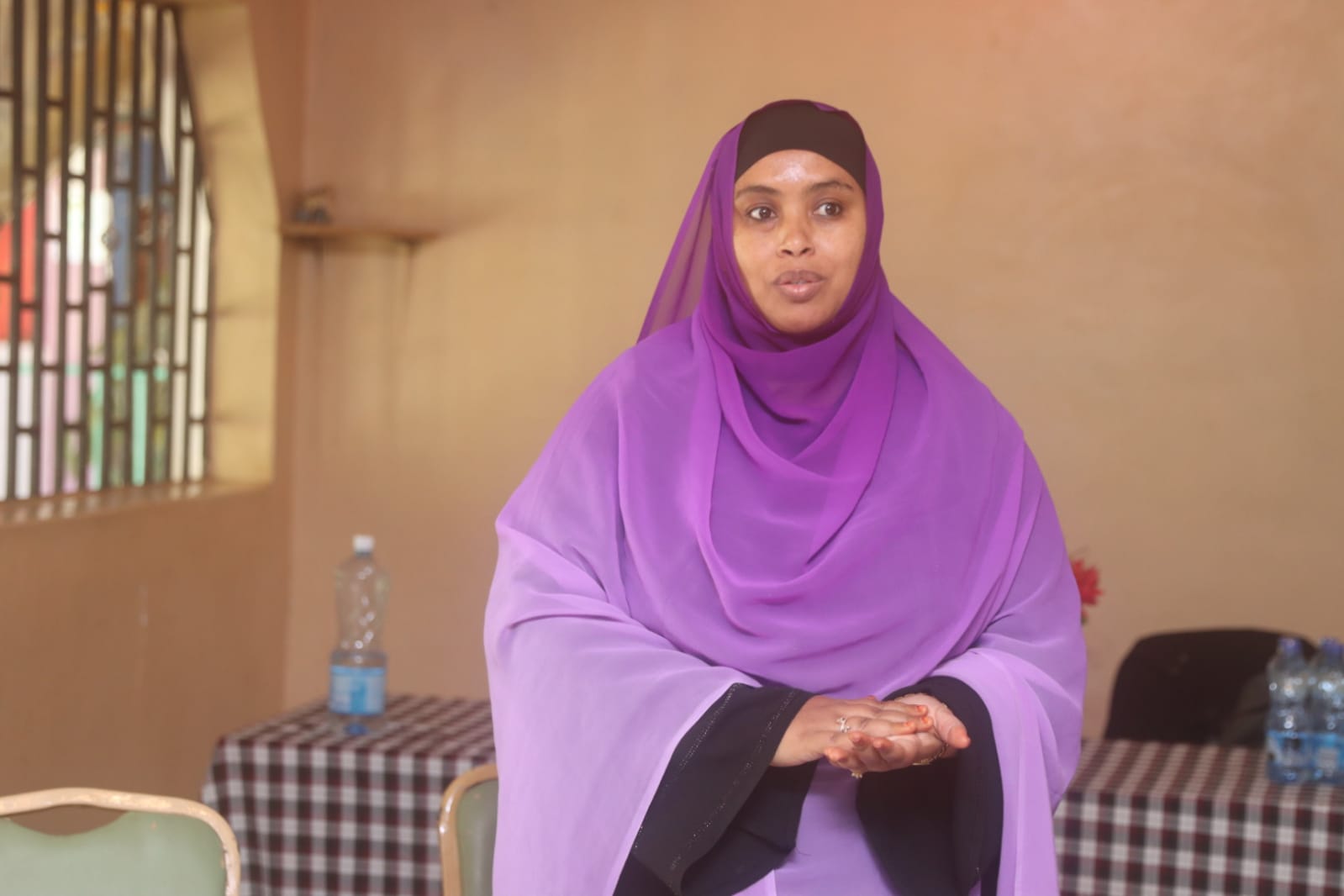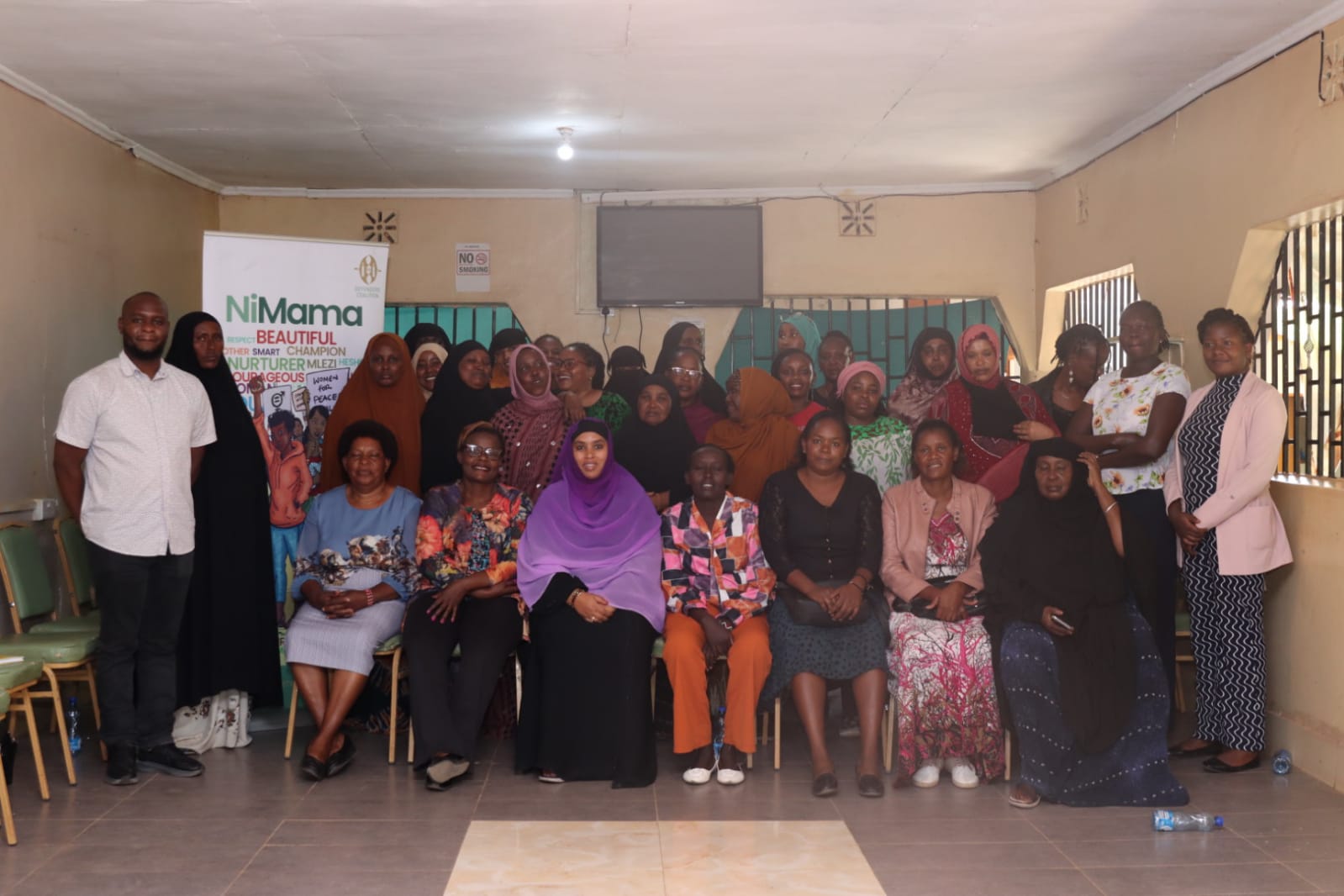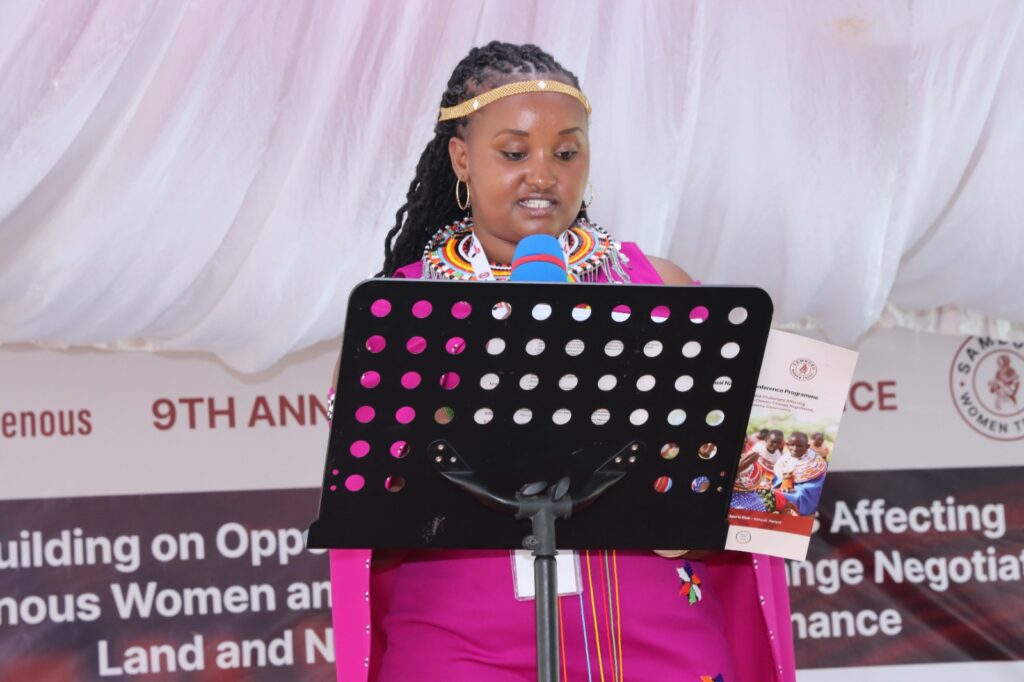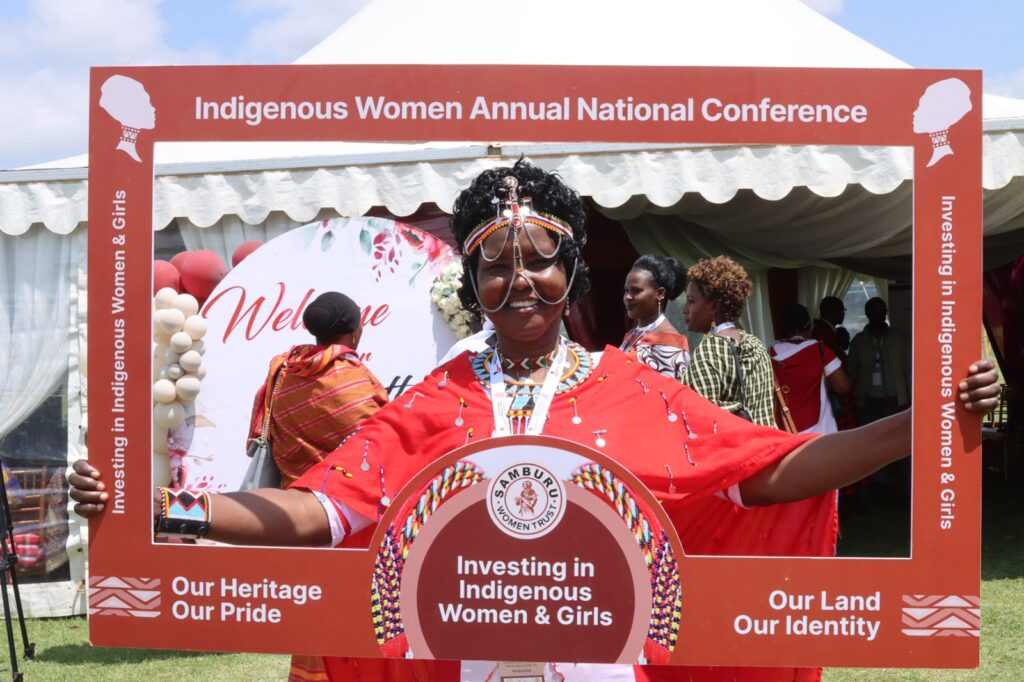
Today, marks three months since the June 25 protest. 12,00O people have signed an Amnesty International petition calling for a Judicial Commission of Enquiry and accountability for the deaths and injuries arising from the use of unlawful police force against protesters in Kenya.
We wrote to the Ministry of Interior, the Attorney General, the Inspector General of Police and the Independent Policing and Oversight Authority concerning the findings in this Extended Press Release. However, at the time of this release, we had not received any feedback from the government agencies.
25 June is the most significant of the many protests held nationwide between June and August. It was the first time protesters in Kenya accessed parliament, an area considered a critical infrastructure, in response to the passing of the Finance Bill 2024.
Six human rights, legal and medical associations, including Amnesty International Kenya, The Law Society of Kenya, Defenders Coalition, Article 19, Medics for Kenya and the Independent Medical Legal Unit releases this based on interviews with 23 eyewitnesses, lawyers and medical professionals and analysed over 45 videos and 100 photographs taken in Nairobi on 25 June.
Documented between 8 July and 9 August, the evidence confirms Kenyan police unlawfully used lethal and less lethal weapons, including tear gas, water cannons and batons. Kenyan police fired tear gas at protesters, bystanders and medics, arbitrarily arrested and beat peaceful protesters, and fired live ammunition at crowds.
They did this in violation of international human rights law and standards, including the UN Basic Principles on the Use of Force and Firearms by Law Enforcement Officials and the United Nations Human Rights Guidance on Less-Lethal Weapons in Law Enforcement. The use of unnecessary and excessive force against protesters led to the killing of at least six people and injury of hundreds.
“The right to protest in Kenya is protected under the constitution. It is unacceptable that, rather than facilitating and protecting protesters, police resorted to using deadly force,” said Irũngũ Houghton, Executive Director of Amnesty International Kenya.
“We only had flags, whistles and our phones”
On 25 June, thousands of protesters gathered in Nairobi’s central business district and other counties across the country to protest a finance bill that proposed increased taxes, including some regressive taxation measures amid high living costs. The bill was scheduled for a third reading in parliament that afternoon. Apart from isolated incidents of some protesters throwing stones or teargas canisters back at the police, the protest was peaceful.
Video footage shows police firing tear gas at a small group of protesters in Nairobi at 10:30 am. This investigation confirmed that police repeatedly shot tear gas grenades or canisters directly at protesters, sometimes at head-level, or straight up in the air, risking severely injuring people when they landed.

Videos shared on social media and broadcast by TV channels showed tear gas canisters were deployed as small groups of protesters started to gather in the morning (upper left image), shot at head-level (upper right image) and at two medical camps (bottom images).
Malik*, a 28-year-old protester, told investigative researchers: “ I felt a sharp pain on my hand, then saw a tear gas canister dropping in front of me. That’s when I realised the canister had hit me, and my hand was bleeding. I have lost three fingers on my right hand. I will not be able to function the same.”
Doctors managing a medical camp that treated at least 300 people, including at least four police officers, said that injuries included lacerations; breathing issues related to the inhalation of tear gas; itching from chemical irritants in the water shot from, at times, high-pressure water cannons; and serious injuries as a result of impact from a range of less lethal weapons.
“Tear gas should never be used against peaceful protesters, and isolated acts of violence do not justify the use of tear gas, since it has a wide area effect. Under no circumstances should it be fired directly at individuals. It should only be used in situations where there is generalised violence, and after clear warnings are given, which evidence confirms, police failed to issue,” says Faith Odhiambo, President of the Law Society of Kenya
Attacks against medical personnel
According to two witnesses, and visible in videos, tear gas was fired into at least two medical camps, and several times near the camps as injured persons were receiving treatment. A medic said they witnessed a tear gas grenade fall into a building at a third medical camp used as a room to treat patients.
Despite medics wearing identifiable clothing, a medical doctor was shot by a kinetic impact projectile in the chest while another was arrested and later released.
Deployment of lethal firearms and ill-adapted crowd control equipment
Police were armed with lethal and less lethal weapons, which Amnesty International weapons experts identified to be, among others, G3-, AK-, and Galil-pattern rifles, CZ Scorpion EVO 3 submachine guns, various types of shotguns (loaded with kinetic impact projectiles), and impact rounds.
Photos and videos show the use of ill-adapted equipment such as grenade launcher cups mounted on lethal ammunition-capable systems (G3 rifles), which appears to have caused panic among protesters. These launcher cups require blank rounds to function, and these can be easily confused as lethal rounds by protesters, as can be seen in several videos analyzed by our researchers. According to medics, they treated serious injuries likely caused by kinetic impact projectiles fired at close range.
Unlawful use of lethal firearms and failure to provide medical assistance
By around 12:30 pm, videos show that protesters had reached the Supreme Court; 900 meters away from the parliament buildings. The next 90 minutes was characterized by growing numbers of protesters and increased use of tear gas and water cannons by the police. Footage analysed shows that officers appeared to lack guidance and did not effectively communicate with each other, advancing, retreating and firing weapons at their own will. Four witnesses said the police seemed overwhelmed by the large number of protesters.
The parliament protest was announced several days in advance. Authorities had adequate time to facilitate the protest and minimize the potential for injury to any person and damage to property. Precautionary measures, for example by cordoning off parliament buildings while facilitating the protests nearby should have been taken. Videos show that police neither formed a clear cordon around parliament nor facilitated the protesters.
At approximately 2:30 pm, after members of parliament approved amendments to the finance bill, videos show protesters advancing towards the building and what sound like gunshots. Researchers were not able to determine if these shots came from rifles equipped with tear gas grenade launcher cups, or rifles firing live ammunition. Firearms with live ammunition are not an appropriate tool for the policing of assemblies. They must only be used when strictly unavoidable to protect life.
Videos show a police truck was set on fire next to parliament’s entrance. At least three bodies are seen lying on the sidewalk opposite parliament. Three protesters tend to the bodies, while three others try to carry an injured person towards the ambulances parked next to the police. One of them raises his hand, likely trying to indicate that they were unarmed.
Police fail to provide medical assistance as required by Principle 5(c) of the United Nations Basic Principle on the Use of Force and Firearms by Law Enforcement Officials. Instead, they fire tear gas canisters directly at the group, who flee, leaving the injured person lying on the ground. A tear gas grenade can be seen exploding next to the injured person. It is unclear if the explosion is due to defective equipment or if dangerous immediate-release tear gas grenades, loaded with small quantities of explosives, have been used. As the smoke recedes, two protesters manage to carry one of the bodies towards the ambulances – it is unclear whether the person survived.
At about 2:45 pm, videos show police retreating, leaving unattended a section of the fence around the parliament grounds that had fallen earlier. Protesters entered the area at about 2:56 pm. Most had their hands up, likely to indicate they were unarmed. Men dressed in civilian clothes responded by firing shots – at least four men are seen on camera firing rifles and handguns towards the crowd and in the air. Researchers counted at least 45 shots fired within 56 seconds. Three eyewitnesses said they saw at least six bodies of protesters who they believe had been shot dead. From evidence assessed, the protesters were unarmed.
Joseph*, a protester, told researchers: “What traumatised me is when I, I saw my friend [Eric] going down. … He was shot [outside the parliament gate]. That was not [gunshot] fire to disperse us. … We were just there dancing and singing.”
Jared*, a man whose son was killed by a police bullet shot into his chin, said: “It is so painful to lose your firstborn son. I sold land to educate him so that he could have a bright future, but all this has been in vain because he is now dead. His employer brought us his first salary, and we used that salary to purchase his coffin.
Two witnesses inside parliament told researchers that protesters did not attack MPs, and some helped them leave the building. Videos show a small number of protesters breaking windows and taking flags. Videos also showed smoke coming from a section of parliament, and a picture showed the burned area. It is not clear what caused the fire.
Disguised law enforcement officials
Our researchers could not establish a clear command structure responsible for policing the protests. Videos and photos taken throughout the day show that most officers, including those in identifiable police fatigues, were not identifiable by their service numbers as required under Section 10 of the National Police Service Act. Most hid their faces and wore masks or balaclavas. Images also show groups of men in civilian clothes carrying weapons working alongside the police and riding in unmarked vehicles.
International human rights standards require police to be uniformed and have identifying markers, including name tags or service numbers.
Arrests, arbitrary detentions and abductions
According to the Kenya National Commission on Human Rights (KNCHR), human rights organisations facilitated the “release of over 300 persons illegally detained” on 25 June. As of end August, the Law Society of Kenya had documented 72 people that had been abducted, released or were still missing in relation to the protests. Thirteen disappeared on the 25 June and a further twenty-three went missing within seven days of this protest.
Researchers have researched three cases of abductions, which may amount to enforced disappearances. Kuria*, a human rights defender, lost consciousness after accessing parliament. He regained consciousness in a dark room guarded by two men. Kuria told researchers that the men interrogated him about how the protests were funded or facilitated before they drove him blindfolded and dumped him by the roadside in Nairobi. Kuria was held for over 24 hours. Two other youth leaders testified that unidentified men snatched them off the street and forced them into vehicles while they were protesting before parliament was breached. They were released more than a day later. Police actions violated article 49 of the Constitution, which protects the rights of arrested persons.
“Kenyan authorities must conduct prompt, thorough and independent investigations into all human rights violations committed in the context of the protests, including the killing of protesters and hold those responsible fully accountable. Victims of unlawful police use of force and family members of those who have been killed must be compensated,” said IMLU Executive Director Grace Wangechi.
We revisit the government ‘s failure to stipulate guidelines and timelines for the deployment of the Kenya Army to protect critical infrastructure in the aftermath of the 25 June protests. This failure violates international human rights standards and is subject to a court order by the High Court in Law Society of Kenya v Attorney General & 4 others (Petition E307 of 2024) [2024] KEHC 7702 (KLR) (Constitutional and Human Rights) (27 June 2024) (Ruling). We call upon the government to gazette the revocation of the deployment of the Kenya Army.
*Names changed to protect identity
ENDS`

